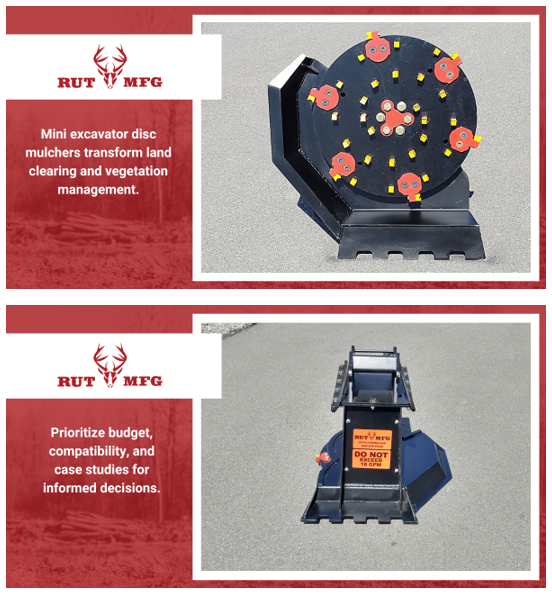Charting Your Path to Success: Embracing Experiences and Growth in the 21st Century
The landscape for today’s graduates embarking on their professional journey has undergone a remarkable transformation compared to those who entered the workforce just two decades ago. Change has been swift and unyielding, driven by the relentless tide of technological advancements and global economic shifts.
In the past, simply having a degree used to guarantee a stable career and was the foundation of financial wealth. But in today’s world, graduates must possess more than just a certificate. They need to be adaptable, flexible, and have an insatiable thirst for lifelong learning.
This blog takes you on a journey exploring the profound impact of experiential travel, the transformative power of new hobbies, the limitless potential of AI and technology, the boundless learning opportunities of lifelong education, and the crucial role of emotional intelligence (EQ).
By embracing these elements, graduates can navigate the ever-changing landscape of the professional world and not just survive, but truly thrive in their careers.
Experiential Travel: Broadening Horizons and Unearthing Self-Awareness
The world is becoming a village in every sense, as globalization has made it easier than ever to explore destinations near and far. Experiential travel – where travelers get immersed in the culture, history, and people of a new land – is an invaluable part of the self-discovery journey. Being open to solo travel or seeking something a bit off the beaten path, such as Dark Tourism, discovering a new perspective will expose you to so many new worlds on your journey
By traveling to unfamiliar places and immersing yourself in their unique offerings, you’ll gain a deep understanding of the world and its subtle nuances. Not only will you pick up new skill sets, but these experiences are also key to personal growth and self-discovery. The ability to view life through a different lens, explore unfamiliar concepts, and take part in activities that challenge your preconceived notions can be incredibly liberating.
Beyond passport stamps and stunning scenery, travel also acts as a mirror for self-discovery. As students navigate unfamiliar terrain, they confront their own beliefs, values, and identities. Experiencing diverse environments encourages adaptability and resilience, qualities essential in a rapidly changing world.
Embracing New Hobbies: Unlocking Hidden Talents and Strengthening Your Core Proficiencies
The gig economy is on the rise in today’s world, and the definition of a ‘long career’ no longer holds true. To survive in such a dynamic environment, graduates must develop a portfolio of skills to remain competitive.
It’s never too late to pick up a new hobby and use it as an opportunity to hone your existing skills or learn something completely outside your scope. By embracing diverse interests through hobbies, you’ll be able to discover hidden talents and explore career paths you’d never thought of before.
In the ever evolving (& pretty fast at it) 21st century, changing careers multiple times will become the norm. As technologies and markets evolve at lightning speed, graduates must be prepared to embrace the idea of multiple jobs in order to stay ahead of the game.
Learning a new skill, such a real estate investing or developing a hobby can help you make those transitions smoother, increase your employability, and open doors to more career opportunities. Hobbies are not only fun but also provide an opportunity for you to exercise your creative muscle, develop problem-solving abilities, and hone practical proficiencies.
AI & Technology: Becoming a 21st Century Citizen
The advances in Artificial Intelligence (AI) technology have revolutionized the way we learn, work, and play. From streaming services to coding tools and virtual reality / augmented reality classrooms, graduates can seize this opportunity to explore the limitless potential of AI and technology.
AI-powered learning platforms offer students a robust and convenient way to gain knowledge on a variety of topics at their own pace. From learning the basics of coding to mastering artificial neural networks, students are able to access vast pools of information in an immersive manner that traditional classrooms cannot provide.
Meanwhile, virtual reality (VR) technology can help bridge the gap between theory and practice by offering students an interactive learning experience. With VR, graduates can explore a visual field of learning while enhancing their knowledge and understanding of certain topics.
The potential for AI and technology to help students unlock greater depths of knowledge should not be underestimated. Through immersive learning techniques such as virtual reality classrooms, online tutorials, and interactive tools, graduates can gain exposure to cutting-edge technologies that will prepare them for the challenges of today’s ever-evolving landscape.
The Power of Lifelong Education: Empowering Graduates to Thrive in a Changing World
It is no longer enough for graduates to simply possess a degree; they must also equip themselves with the skills necessary to thrive in an ever-changing world. This is where the power of lifelong education comes into play.
We are long past the time when schools and universities were the sole custodians of knowledge. With the introduction of online learning platforms and massive open online courses (MOOCs), graduates are able to virtually access a plethora of educational material from around the globe with minimal effort.
Through continuous education, graduates can unlock new career paths, sharpen existing skills, and gain exposure to industry trends in an affordable manner. Not only does this empower individuals to stay ahead of the curve, but it also helps them acquire the skills necessary to make a lasting impact in their field.
Moreover, by taking part in lifelong education initiatives, graduates can gain access to an exclusive network of like-minded professionals and cultivate meaningful connections with industry leaders. This is invaluable for those looking to break into the professional world and stand out from the crowd.
Emotional Intelligence (EQ): The Heart of Empathy and Connection
In the age of AI and automation, the importance of emotional intelligence (EQ) has become increasingly crucial. EQ is the ability to comprehend and manage a person’s emotions as well as those of others. It encompasses a wide range of skills including empathy, self-awareness, social awareness, and relationship management.
The ability to understand another person’s perspective is one of the core components of EQ. This helps graduates develop meaningful relationships with their peers, colleagues, and bosses. Furthermore, empathy also helps to foster an environment of trust, respect, and understanding that is essential for successful communication and collaboration in the workplace.
As the world starts looking for capabilities and skills tech cannot provide, EQ is becoming a highly sought-after asset. With EQ on their side, graduates can not only move up the ranks but also contribute to meaningful conversations in their organizations and communities.
Conclusion: Self-Discovery is an Ongoing Journey
Self-discovery is an ongoing journey, and it’s essential for graduates to take it seriously in order to reach their full potential. Through experiential travel, picking up new hobbies, embracing AI technologies, and participating in lifelong education initiatives, graduates can develop the skills necessary to thrive in a rapidly changing world.
Furthermore, they must also remember to equip themselves with the soft skills that will help them build meaningful relationships and succeed in their chosen field. With an open mind, graduates can unlock new opportunities and embark on a journey of self-discovery that will enable them to reach greater heights than ever before.



